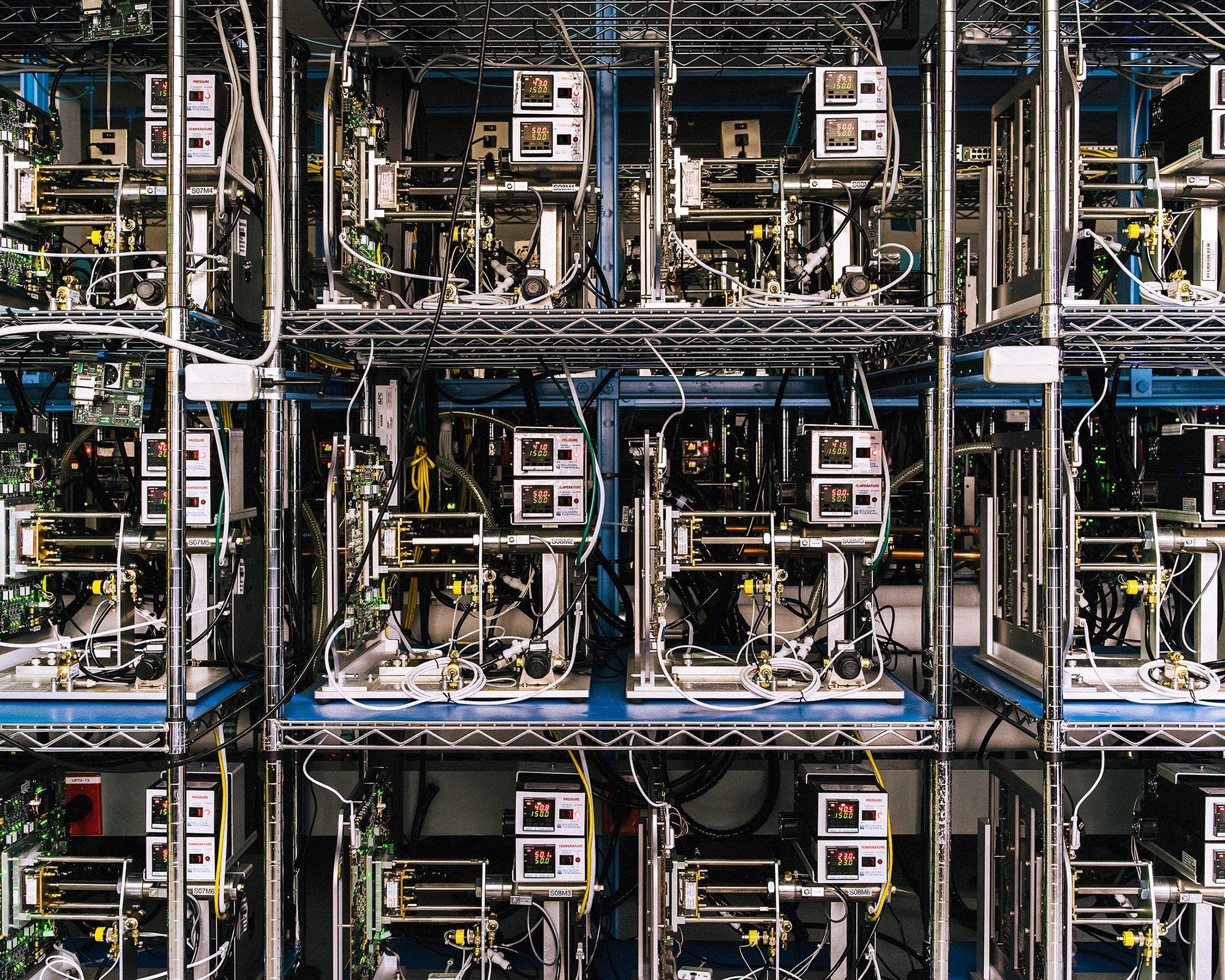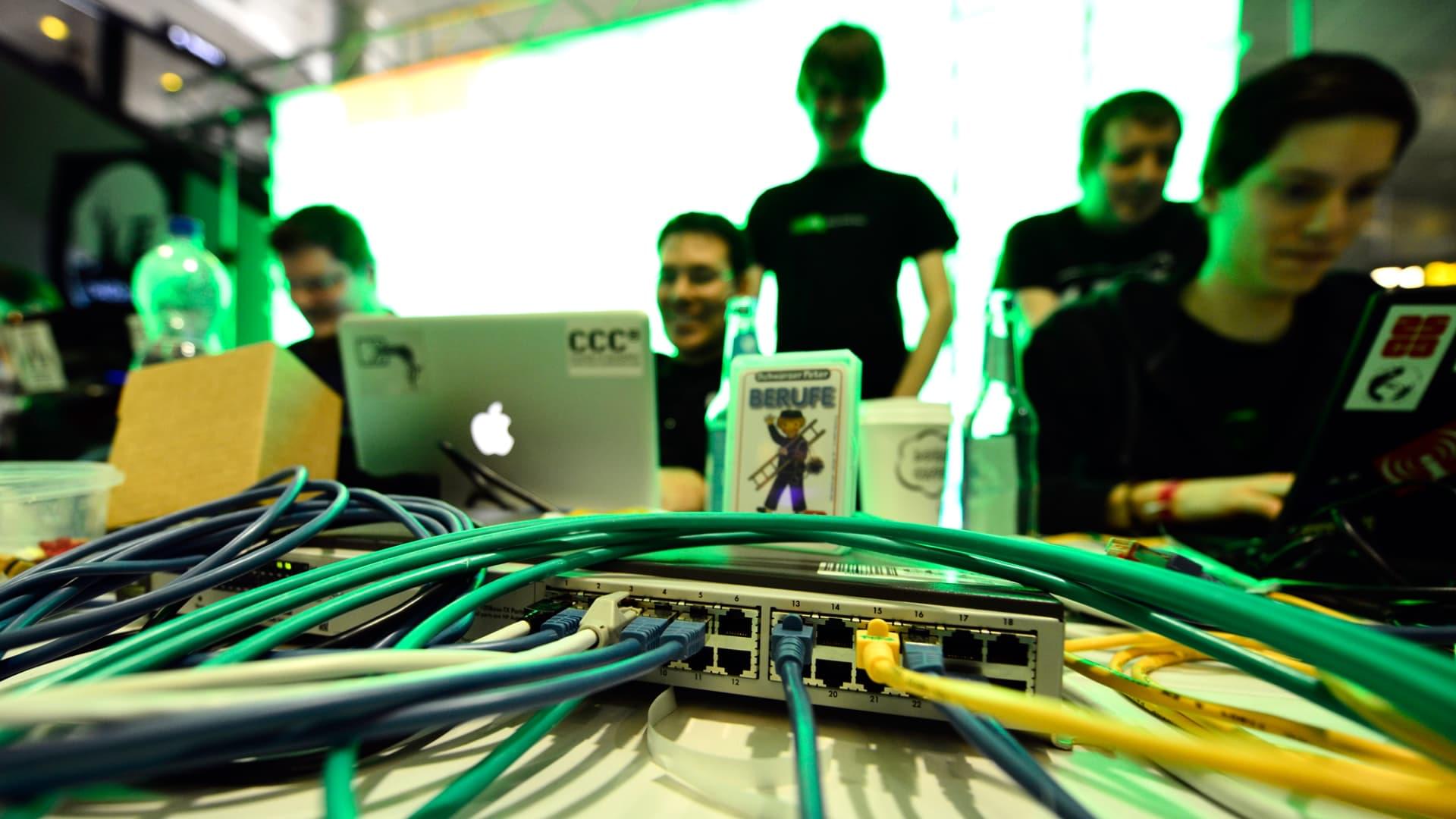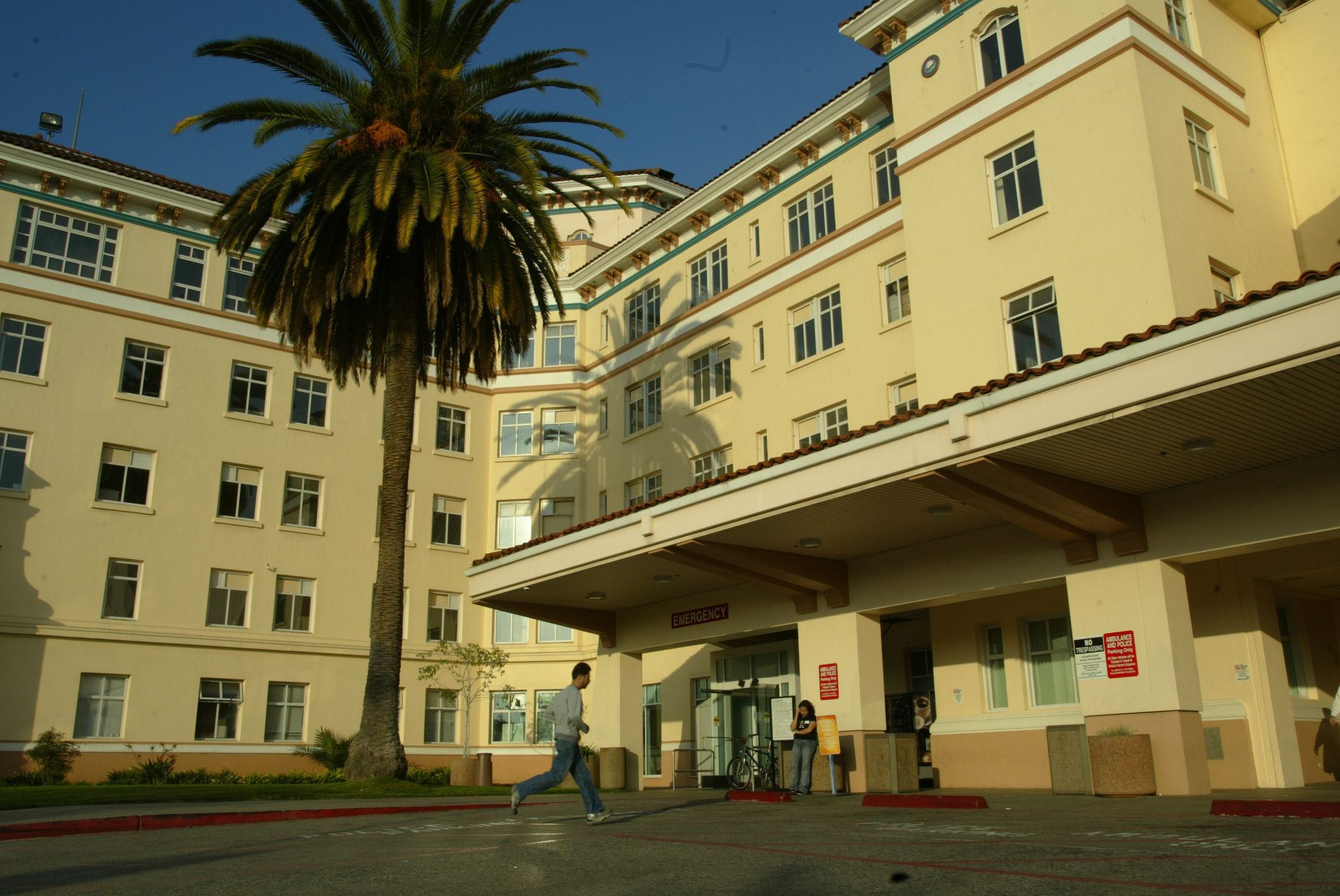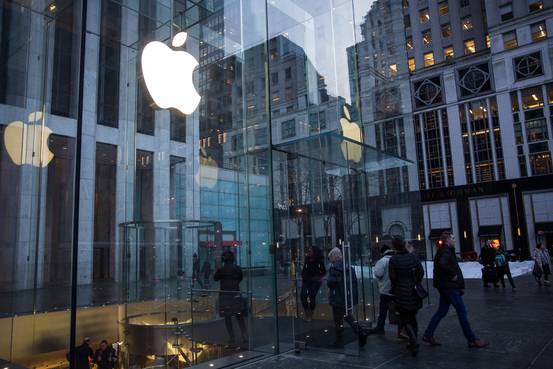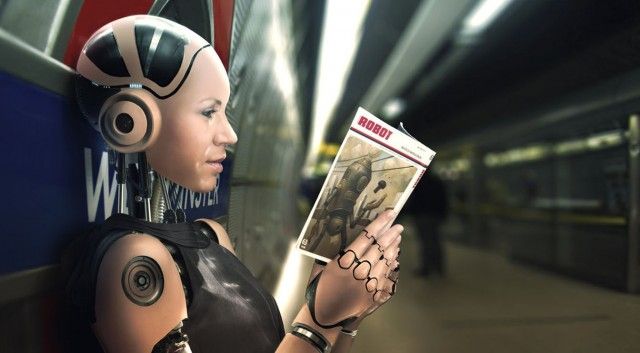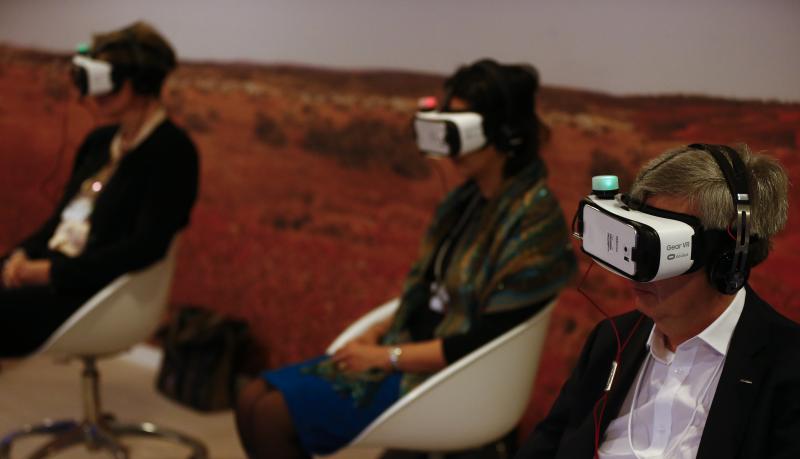This is so true and even more importantly in the space of technology as we introduce more products and services in the AI space. Reason is because we are seeing the consumer’s buying patterns changing especially as consumers have more options around devices, services, and AI available to them.
As a result of more choices and AI sophistication; consumers are now & more so in the future will chose to buy things that “fit” more with their own style and personality today. And, this places pressures on companies to change/ expand their thinking on product innovation to include emotional thinking as well. Gone are the days of technology just being a machine/ devices designed to only process information and provide information insights only. Tech consumers today and in the future want technology that marries with their own sense of style and personalities. Therefore, corporate culture as a whole will need to change their thinking at all levels.
I once wrote an article about how people with outstanding academic achievement or technical brilliance can easily get hired, but brilliance will get them nowhere if they lack emotional intelligence and the ability to build strong working relationships. This is especially true in today’s highly competitive world where organisations rely heavily on interdependence to stay ahead of the game.
However, I have heard arguments against my claim from people who point out that there is no shortage of notoriously heartless CEOs lacking in EQ. While that argument might ring true to some extent, I find the reasons for that situation rather interesting. As well, it is essential to note that most CEOs with low EQ scores are not the best-performing business leaders.
First, let’s make it clear that we are talking about managers or C-level executives who have to climb the ladder themselves and not those who founded or inherited a business. In this case, I have found research showing that middle managers often stand out with the highest emotional intelligence scores in the workplace because companies generally promote high-EQ types to supervisory positions as they are level-headed and good with people. However, EQ scores tend to decrease as people move up further in the hierarchy.

